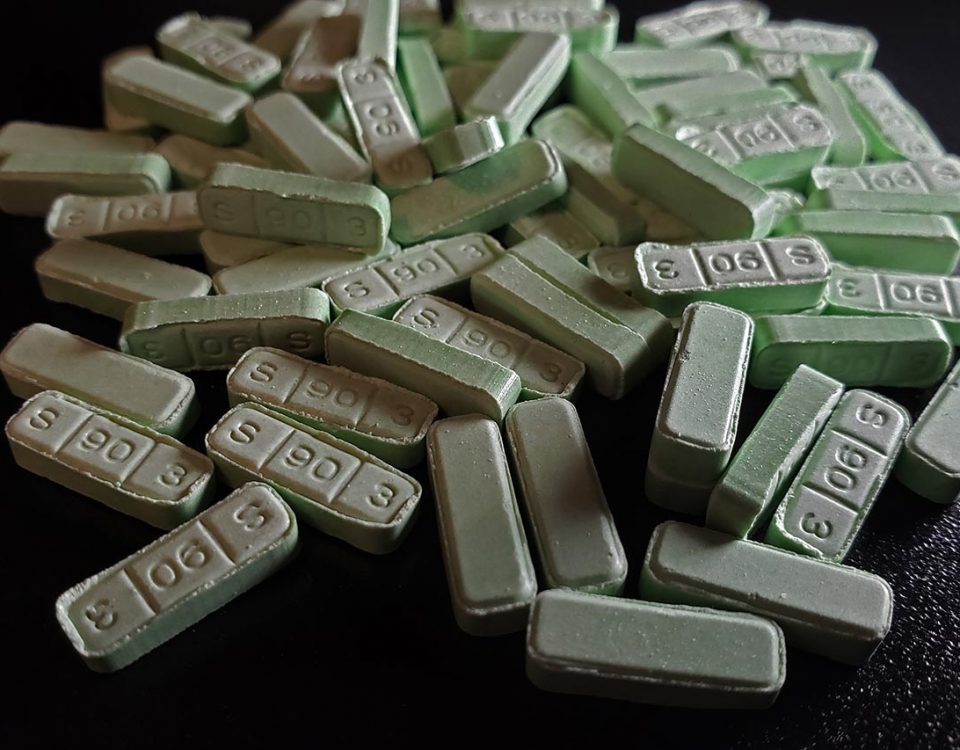It’s difficult to watch someone you care about suffer.
It’s difficult to watch someone you care about suffer. It’s a painful and frustrating process that can drain you mentally and emotionally. You wish you could speak up and say or do something to make things better, but what? How can you help someone in denial about their addiction? Unfortunately, denial and addiction go hand in hand. Many people with drug and alcohol problems are ignorant of how their habits affect their well-being and the lives of those around them. Addicts in denial often attempt to justify or explain away their behavior while ignoring the advice of friends and family who care. Our drug and alcohol rehab in Chicago knows that confronting this problem isn’t easy, which is why we’re sharing some tips on how to help addicts in denial.
Signs of an Addict in Denial
Denial can be difficult to catch in an addict, especially in cases involving more socially accepted substances like alcohol and marijuana. A loved one using these drugs may tell you they have everything under control, making it difficult to prove otherwise. However, addiction is a progressive disease that eventually takes a toll on the individual. As the effects of addiction become more obvious, their denial becomes more severe.
Below are some signs of drug addiction denial that you should look out for in your loved ones:
- Manipulation tactics like gaslighting
- Becoming defensive when confronted about their drug or alcohol use
- Blaming others when confronted about their drug or alcohol use
- Disregard for harm or damage caused by their behavior
- Making excuses or trying to justify their behavior
Tips for Talking to an Addict in Denial
Confronting an addict in denial should never be done when they’re drunk or high. This is a highly sensitive topic, and if they’re under the influence of drugs and alcohol, they may not understand the conversation or become aggressive.
Some additional tips include:
- Be specific when you talk to them. This includes using specific incidents as examples.
- Use “I” phrases, so they understand that these are all legitimate incidents that you’ve taken note of.
- Remain calm. Getting upset will make them feel cornered and most likely lead to defensiveness, denial, and avoidance of the topic in the future.
- Don’t be judgmental. Watching a loved one suffer is frustrating, but harshly reacting can just cause the individual to shut down and avoid the conversation.
- Talk about the negative impact their addiction has had on people and things they love, like their family, career, spouse, or sports.
- Keep in touch with your loved one regularly, even if they aren’t willing to open up right now or receive treatment.
- Remain supportive of your loved one even if they remain in denial.
How to Talk to an Addict in Denial
As an outsider, you may have trouble understanding how addicts don’t realize the damage they’re causing. But it’s important to remember that people with substance use disorders aren’t able to think clearly. Drug addiction is a disease that consists of uncontrollable substance use. A person addicted to drugs and alcohol is physically and mentally dependent on them to the point where they may prioritize their habit over everything else in their lives. Additionally, any past trauma or mental disorders that may have contributed to their drug use in the first place can also cloud their judgment. A person with a mental illness may be reliant on these substances to numb their symptoms and therefore hesitant to give them up.
Below are examples of what to say to an addict in denial to help them realize their problem and their need for rehab:
- “I love you, and I want the best for you.”
- “I know it’s upsetting when someone tells you you have a drug problem, but the truth is that you do, and I want to help you.”
- “Please consider that you might have a drug problem.”
- “I’m worried something bad will happen to you if you don’t get help.”
- “You’re putting your health, job, and relationships at risk. Please let me help you.”
- “When you (drink or use), I feel like…”
How to Help Someone in Denial of Addiction
One of the most important tips on how to help addicts in denial is to remain supportive of the individual without enabling their behavior. If you realize a loved one is avoiding the topic of their addiction or flat out denying their problem, it’s time to sit them down and have a one-on-one conversation. When conversations fail, our intervention services at Banyan Treatment Centers Chicago can help. Our drug intervention in Illinois brings the individual’s loved ones together to discuss the need for addiction treatment and to work on repairing broken relationships. Interventions conducted at our facility are led by certified intervention specialists who create a safe and judgment-free environment where families can encourage their loved ones to seek out addiction treatment.
Banyan Chicago offers numerous addiction treatment and therapy methods that can help your loved one recover. Call us today at 888-280-4763 to speak to a team member about our alcohol and drug treatment in Chicago.
Related Reading:









